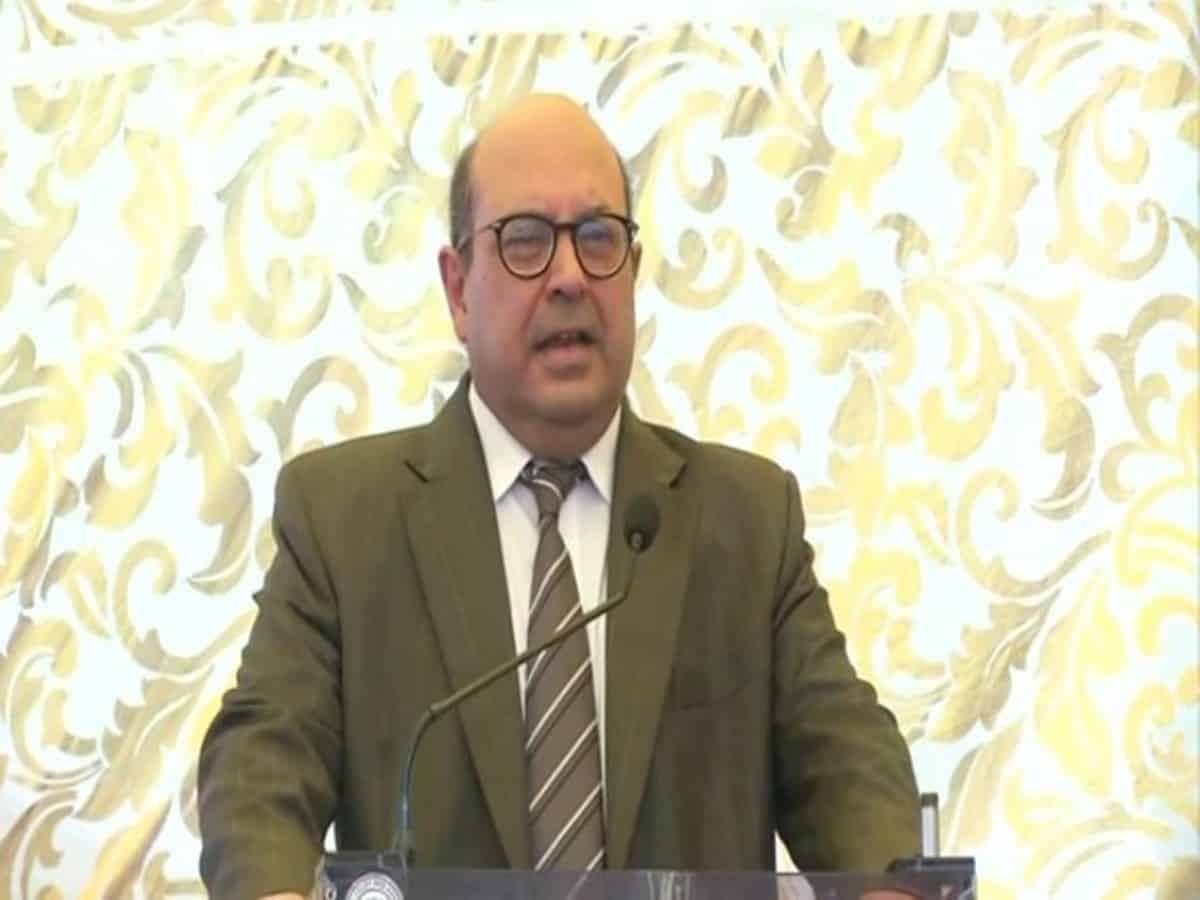
New Delhi: Amid the ongoing row between the Centre and the judiciary over judges appointment, former Supreme Court Judge Rohinton Fali Nariman, speaking at a public event, slammed Law Minister Kiren Rijiju for his “diatribe” against the collegium system for appointment of judges.
On Centre sitting on candidates recommended by the collegium for judgeship, Justice Nariman termed it “deadly for democracy”.
“This sitting on names is a very deadly thing which is against the democracy of this country. Because what you are merely doing is you are waiting for a particular collegium and hoping that the next collegium changes its mind.”
Nariman was part of the Supreme Court collegium till he retired in August 2021.
He also suggested a 30-day deadline for the government to respond to the recommendations made by the collegium.
Nariman also called for the formation of a special five-judge bench, and a judgment should be passed that when collegium sends a name to the government, and if there is nothing comes the government within a period of 30 days, then it will be taken as it has nothing to say.
Nariman was speaking on Friday at the Mumbai University while delivering the seventh Chief Justice M.C. Chagla Memorial Lecture.
He said if the last bastion of independent judiciary falls, the country would enter the “abyss of a new dark age”, and added that what is the independence of the judiciary if judges, who are fearless and independent, are not appointed.
Nariman said, “If you don’t have fearless and independent judges, say goodbye… There is nothing left. As a matter of fact, according to me, if finally this last bastion falls or is to fall, we would enter the abyss of a new dark age.
“In which, R.K. Laxman’s Common Man will ask himself only one question: If the salt has lost its savour, wherewith shall it be salted?”
The Law Minister had termed the collegium system alien to the Constitution, and had also said that it is “opaque and not transparent”.
Nariman said, “We have heard a diatribe by the Union Law Minister of the day against this process (judges’ appointment). Let me assure the Law Minister that there are very basic constitutional fundamentals he must know. Unlike the United States, a minimum of five unelected judges are trusted with the interpretation of the Constitution.”
He pointed out that judicial appointments in the United States do not involve any decision-making process from the judiciary at all, but India adopted a different approach.
The former apex court judge, on a basic doctrine structure issue, said that in the past over 40 years ago, it was sought to be undone twice and since then not a word has been said against it, except very recently.
“So let us be clear that this is something that has come to stay, and thank god it has come to stay,” Nariman said.



